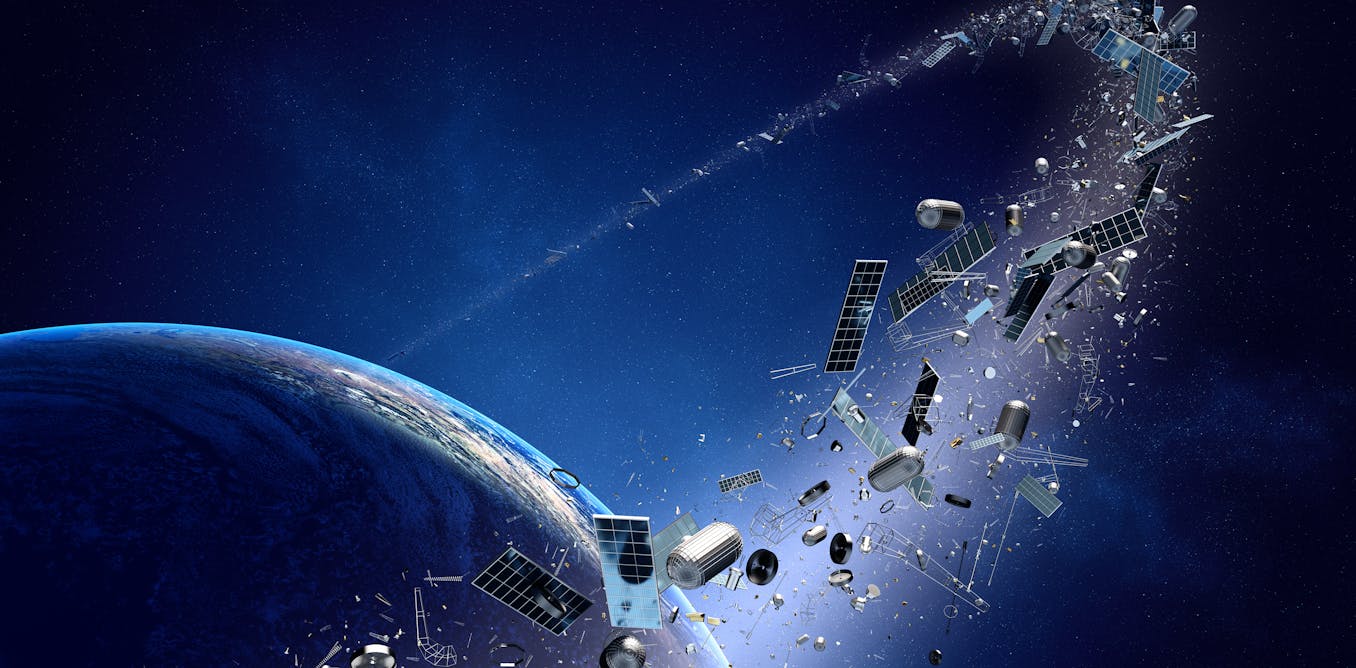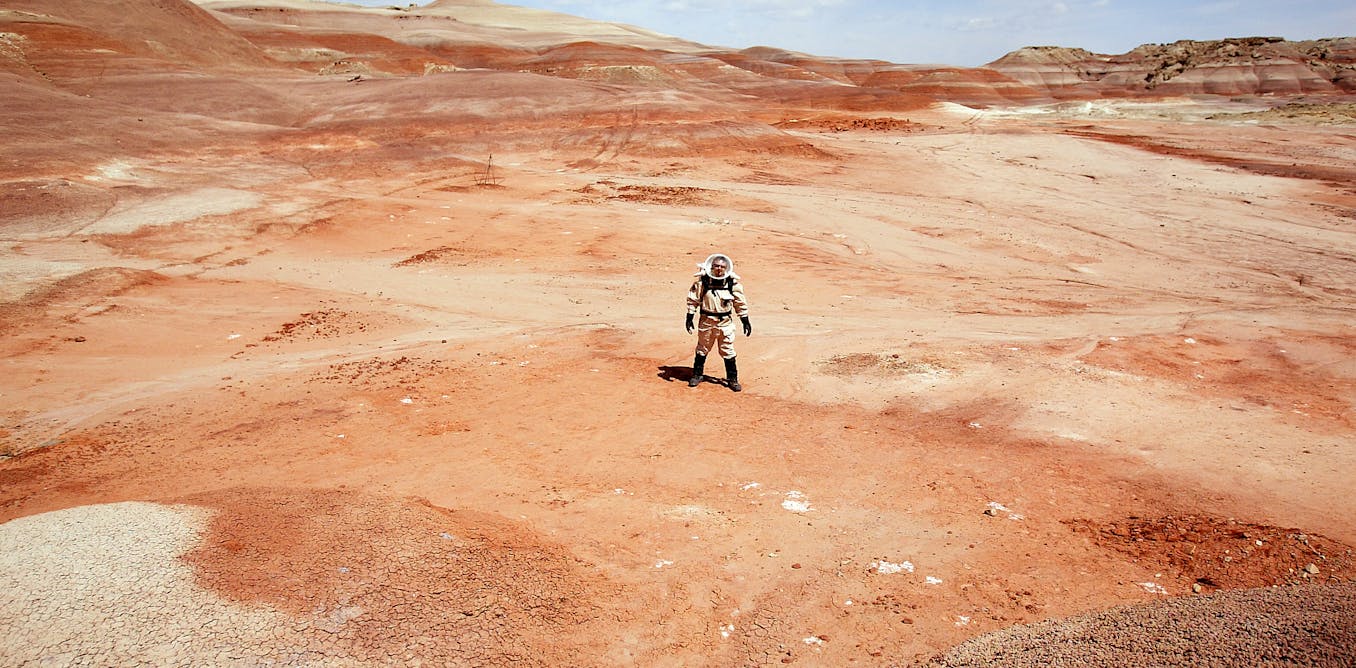To safely explore the solar system and beyond, spaceships need to go faster – nuclear-powered rockets may be the answer
An update of 50-year-old regulations has kickstarted research into the next generation of rockets. Powered by nuclear fission, these new systems could be the key to faster, safer exploration of space.
May 20, 2020 • ~10 min





